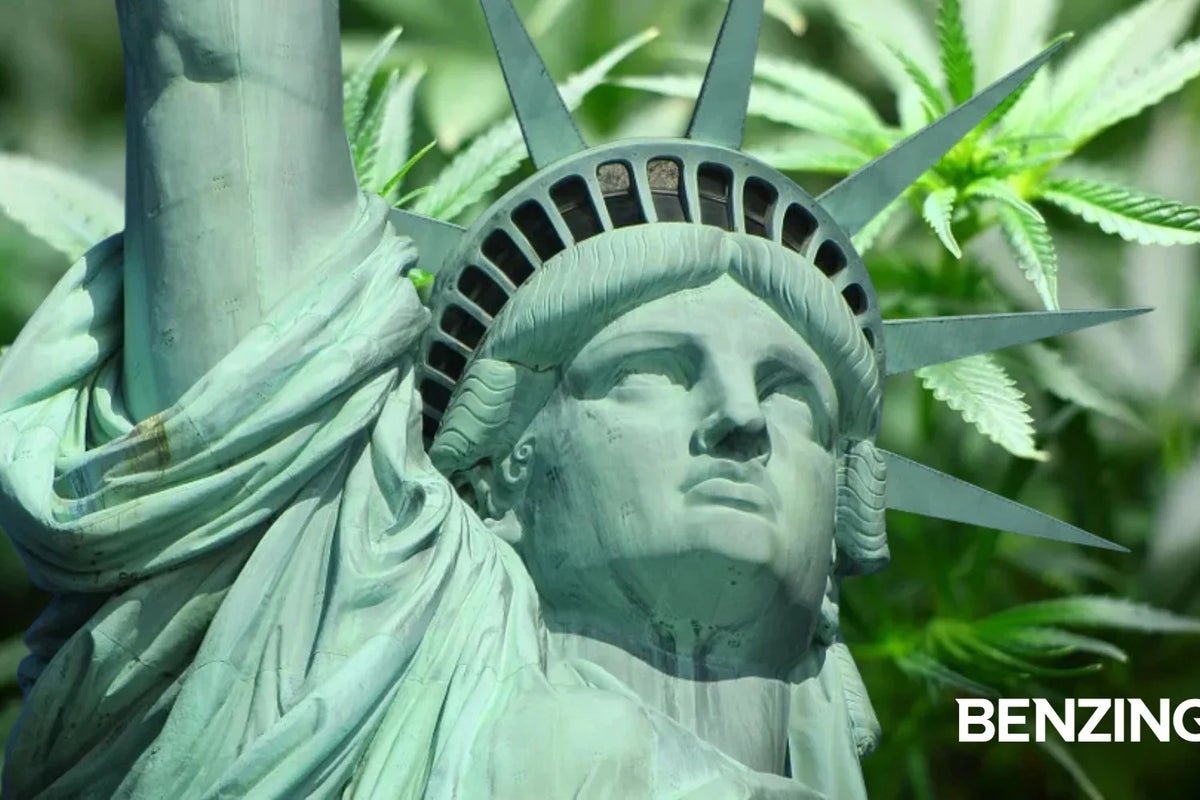The legal battle that has been holding up the issuance of cannabis dispensary licenses in New York State has finally come to an end. On Friday, the NY Supreme Court lifted an injunction that had prevented the Office of Cannabis Management (OCM) from processing Conditional Adult Use Retail Dispensary (CAURD) licenses.
The injunction had been in place since August when a group of veterans sued over the licensing process, claiming that it violated the Marijuana Regulation and Taxation Act (MRTA). The veterans alleged that the state cannabis authorities favored a select group of “justice-involved individuals” with profitable businesses when it came to the retail dispensary license application process.
The resolution of this legal standoff is a significant victory for both the cannabis industry and New Yorkers who have been eagerly awaiting the opening of legal, licensed cannabis dispensaries in their communities. Chris Alexander, the executive director of the OCM, expressed relief and excitement about the decision, stating that it is a “good day for New York, for the dream of equity in cannabis, and for every New Yorker hoping to have a legal, licensed cannabis dispensary in their community.”
During the legal battle, there was uncertainty surrounding the issuance of new licenses and the opening of dispensaries, leading to delays and frustration for entrepreneurs who were trapped in limbo. Now that the injunction has been lifted, these entrepreneurs can finally move forward with their plans to open cannabis businesses.
This is not the first lawsuit that the OCM has faced regarding licenses. A previous lawsuit was brought by the Coalition for Access to Regulated and Safe Cannabis (CARSC), which accused the OCM of reserving the first 150 retail licenses for social equity applicants, in violation of the MRTA. The lawsuit involved several major marijuana companies, including Acreage Holdings Inc., Curaleaf Holdings Inc., Green Thumb Industries Inc, and PharmaCann.
The resolution of the legal standoff in New York is a positive development for the state’s cannabis industry. It allows for more clarity and certainty in the licensing process, paving the way for the opening of new dispensaries and the expansion of the legal cannabis market. With the lifting of the injunction, New Yorkers can look forward to seeing more cannabis stores opening faster, bringing economic opportunities and access to legal cannabis products to their communities.
Overall, the resolution of this legal battle is a step forward for the cannabis industry in New York State. It demonstrates the commitment to equity and fairness in the licensing process and provides hope for entrepreneurs who have been waiting for their chance to enter the legal cannabis market. With the obstacles cleared, the future looks promising for the growth and success of the cannabis industry in New York.





